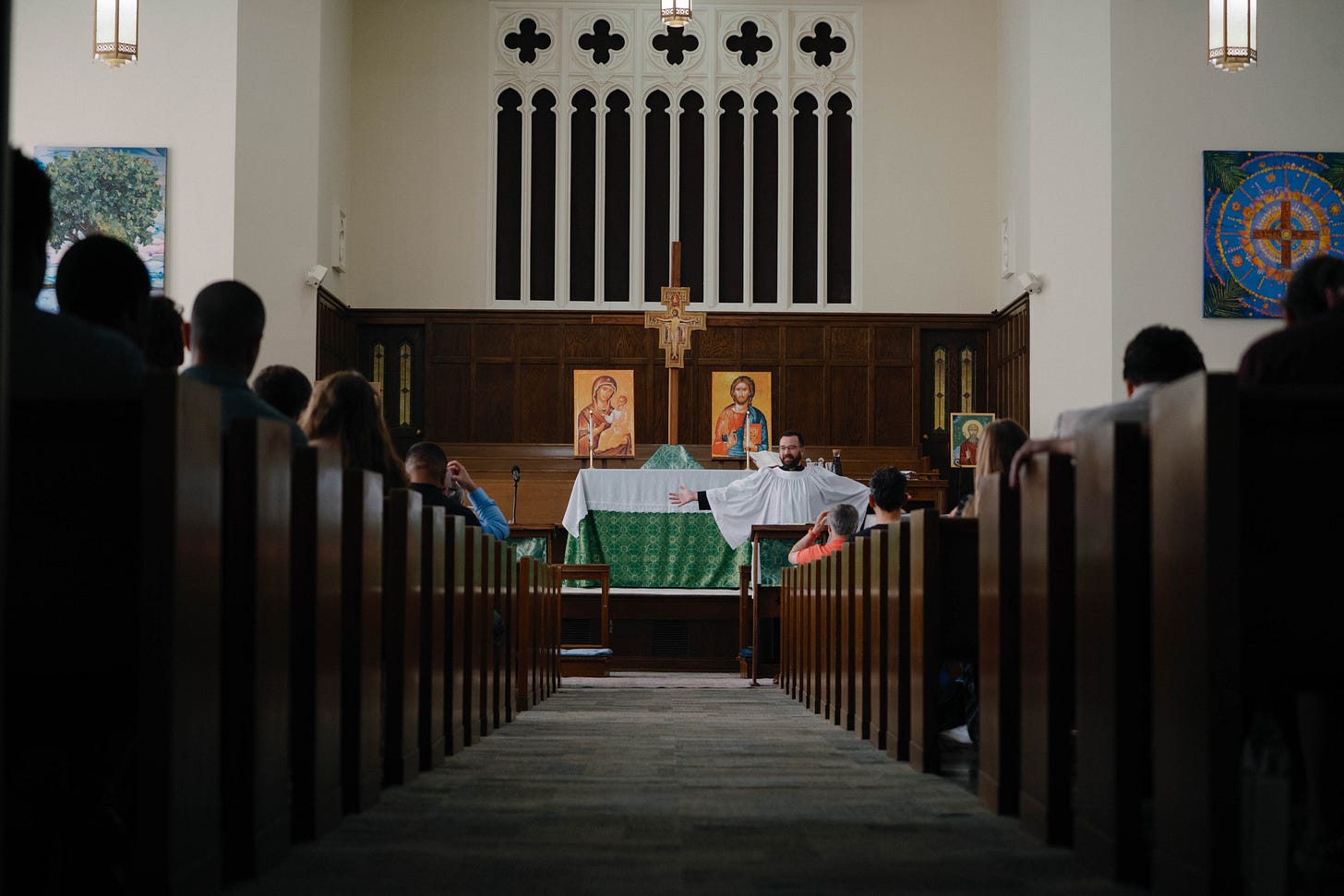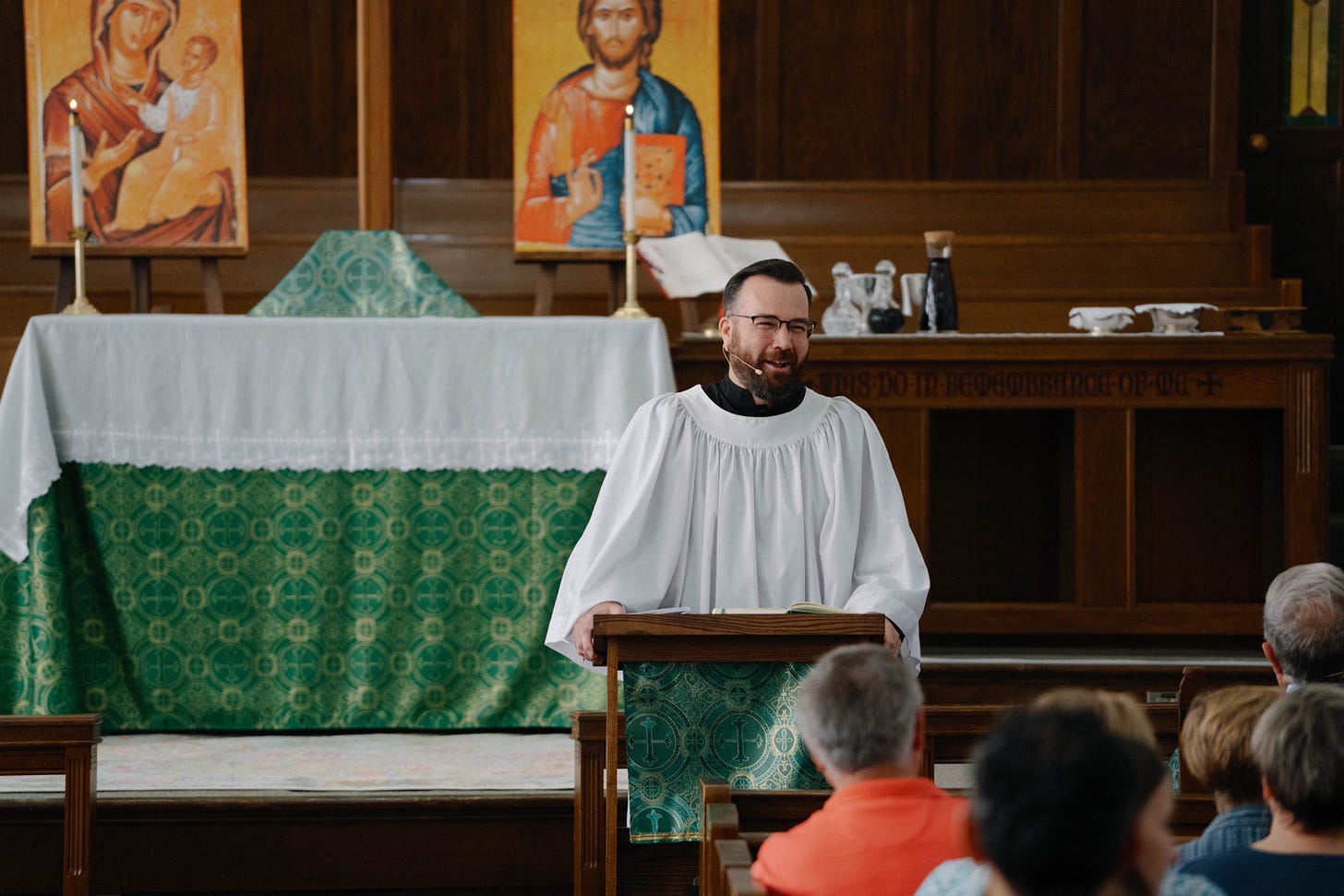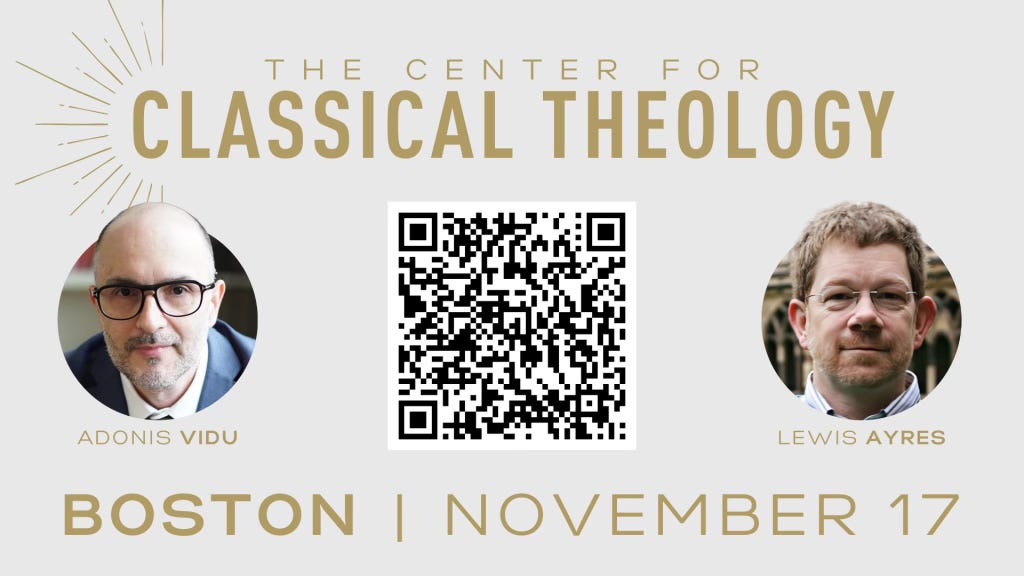Perfect friendship is the friendship of men who are good, and alike in virtue. ...their friendship lasts as long as they are good - and goodness is an enduring thing. -Aristotle
Why is it that some assume to be deep in theology is to cease to be prayerful? And why do systematic theologies in our modern era say so little about prayer? You have to admire Calvin. One of the best sections of his Institutes is on prayer.
I recently found out my son enjoys for poetry and even wrote a poem himself. I ran to my study and grabbed George Herbert off the shelf. Have you ever read Herbert’s poem on prayer, I asked him? He shook his head. We then read it not once but twice. Afterwards, we took time to reflect on this line, speaking of God: “Thou canst no more not hear, than thou canst die.”
Now that will change your confidence when praying. It certainly moved me to start praying more like a child with unreserved faith.
All that to say, I don’t know that my section on prayer in my Systematic Theology can be as long as Calvin’s, but plan to see some stolen wisdom from George Herbert in it. If you struggle at prayer, as I do, then you should know how much you might benefit from the Book of Common Prayer. But why just you? Why not your whole family? The section called “family prayer” in the Book of Common Prayer has been a fortress for our family.
Speaking of Anglicanism, it’s hard to believe it’s been a little over a month since I released my article explaining why “I am leaving the SBC and becoming Anglican.” I have been overwhelmed by so many encouraging messages and emails (I apologize if I haven’t gotten to yours yet). So many of you reached out to share your own stories as to how the Lord opened your eyes to the beauty of Anglicanism as well. Thank you, all of you. Your Christ-like words have been galvanizing. And I must say, God has brought so many new friends into my life. I’ve realized even in a month’s time that the Christian world is so much bigger than I knew.
Of course, there was lots of hate on social media as you might have expected. But as one friend said to me, “it only served to prove the points of your article; the irony is thick.” I am grateful for how the Lord has used that irony to confirm my turn to Anglicanism.
But that is not what has occupied my attention this past month. I’ve been deep in the writing process, back in the pocket constructing my Systematic Theology. It’s as if I’ve caught a swift new wind in my sails. I’m writing with new zest, eager to put into play a participation theology, and not merely around my chapters on the sacraments but throughout. Furthermore, Anglicanism allows me to wed theology and spirituality in a historic way that was missing before. In chapter 1, I spend some time defining theology as contemplation, a contemplation that is meant to blossom into participation. To that end, I am indebted to Aquinas who says, “This is the ultimate perfection of the contemplative life, namely that the Divine truth be not only seen but also loved.”
Also, I have been preaching at St. Aidan’s Anglican Church on the Nicene Creed alongside clergy there. My latest homily was on the Holy Spirit. My next later this month will be on why we believe in one holy catholic and apostolic church. This will be the first sermon I’ve preached on catholicity, and how fitting that it will be at St. Aidan’s. In preparation, I’ve been returning to Bede’s Ecclesiastical History of the English Church, and I’ve noticed how catholicity bleeds from every chapter.
I also delivered the inaugural convocation address for New Aberdeen College. What an honor. It’s so rare to see a college that is Protestant and committed to classical education. Remarkable. But I’m seeing more and more of these college plants. If you are a student looking for a college, go to one where you will be immersed in the great books. Anyway, in my next substack article, I will share my address, which I took as an opportunity to identify one of the greatest challenges to classical education today (hint: read Zena Hitz’s book, Lost in Thought).
I have quite enjoyed two recent conversations, one with Drew Keane and the other with Jason Baxter. I invited Keane on the Credo podcast, and we spent two episodes pondering how to use the Book of Common Prayer. We spent some time discussing C.S. Lewis who said, “Ex tempore public prayer has this difficulty: we don’t know whether we can mentally join in it until we’ve heard it—it might be phoney or heretical. We are therefore called upon to carry on a critical and a devotional activity at the same moment: two things hardly compatible. The rigid form really sets our devotions free.” Listen to part 1 and part 2 to understand Lewis’s logic. The Credo team also just released my conversation with Jason Baxter: Literature in a Digital Apocalypse. With deep insight into the psychology of social media, he exposes the way it manipulates beauty to feed our narcissism. In the process he tells a story of an adventure that almost cost him his life.
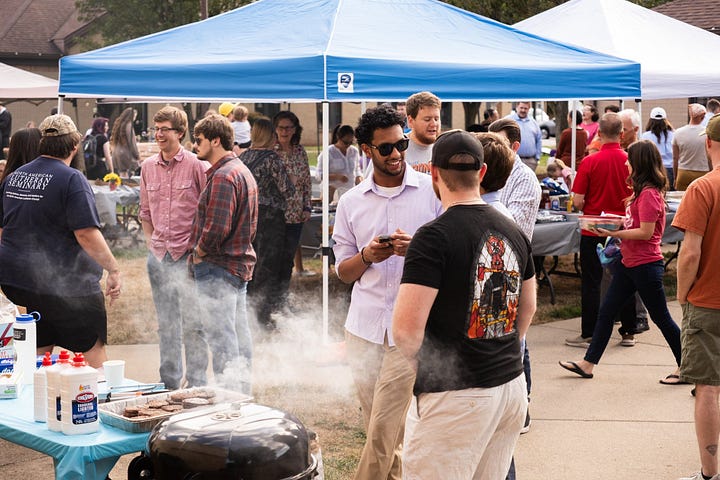
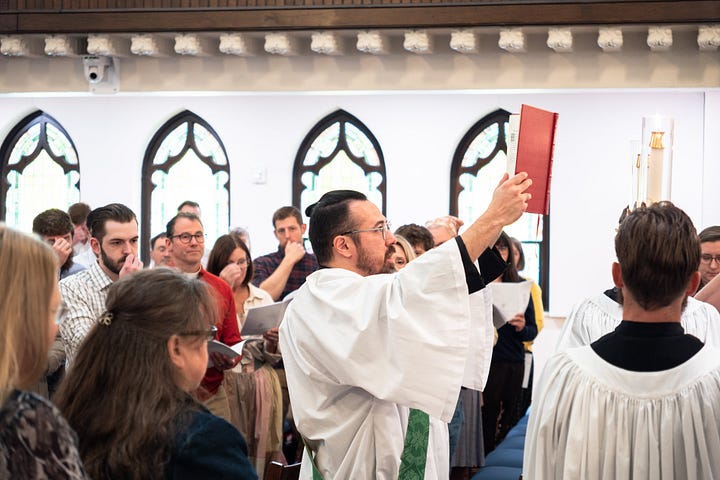
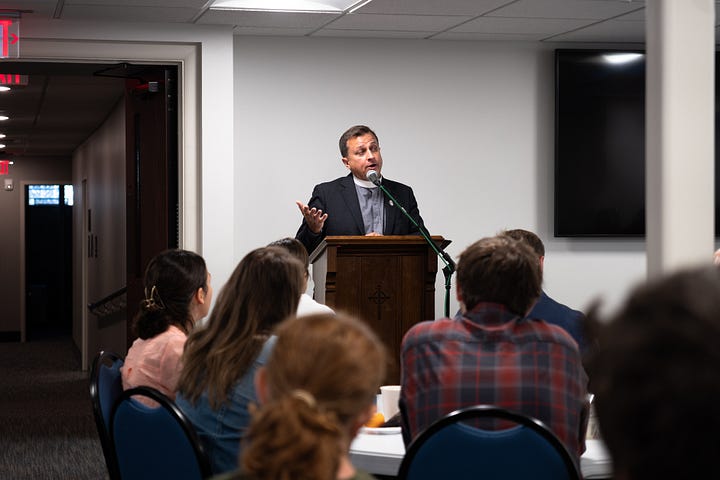
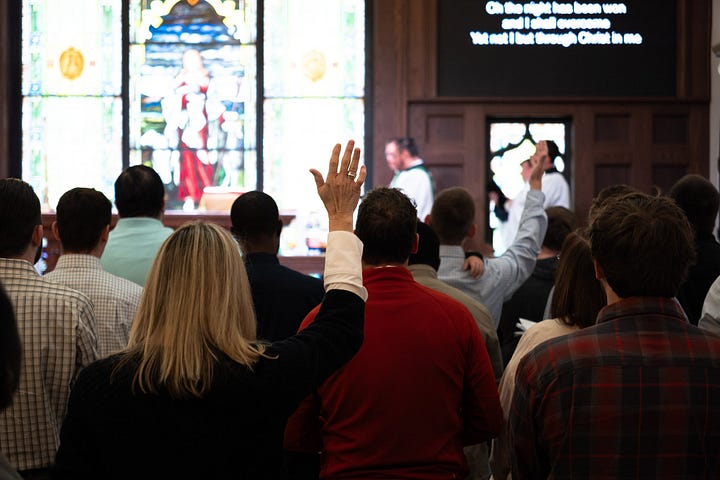
In other news, the new academic year has started at Trinity Anglican Seminary. I’m gearing up for my course on the English Reformation in which students will read theologians like Thomas Cranmer, John Jewel, Richard Hooker, and others. Did you know that in October I will deliver the annual John Rogers Lecture series at Trinity (all are welcome)? I have titled my lecture: The Legacy of Nicaea & the Future of Anglicanism.
Speaking of Nicaea, we are only three months out from the Center for Classical Theology. We have heavy hitters: Adonis Vidu and Lewis Ayres. Vidu will deliver the annual lecture and his focus is unique: the Christian experience of the Trinity. Afterwards, I will sit down with Vidu and Ayres for a conversation. What questions do you think we should discuss? Not kidding, send me a message and pass on questions you would like answered. The event is in Boston on Monday night, November 17th, the night before the Evangelical Theological Society. Crossway will be giving away books! Register before seats are gone.
I have a bunch of exciting news to share with you in the weeks ahead, but I’d better not spoil it. I’ll just say, some new series on the Credo podcast are coming your way. And I can barely contain my excitement over the 2026 Credo conference. I’ve already said too much. Come back and I’ll share it in bits and pieces. In the meantime, can I leave you with The Sanctus? We sing this in church every Sunday before we participate in communion.
Holy, holy, holy Lord. God of pow’r and might.
Heaven and earth are full of Your glory.
Hosanna in the highest.
Blessed is he who comes in the name of the Lord.
Haven and earth are full of Your glory.
Hosanna in the highest!


